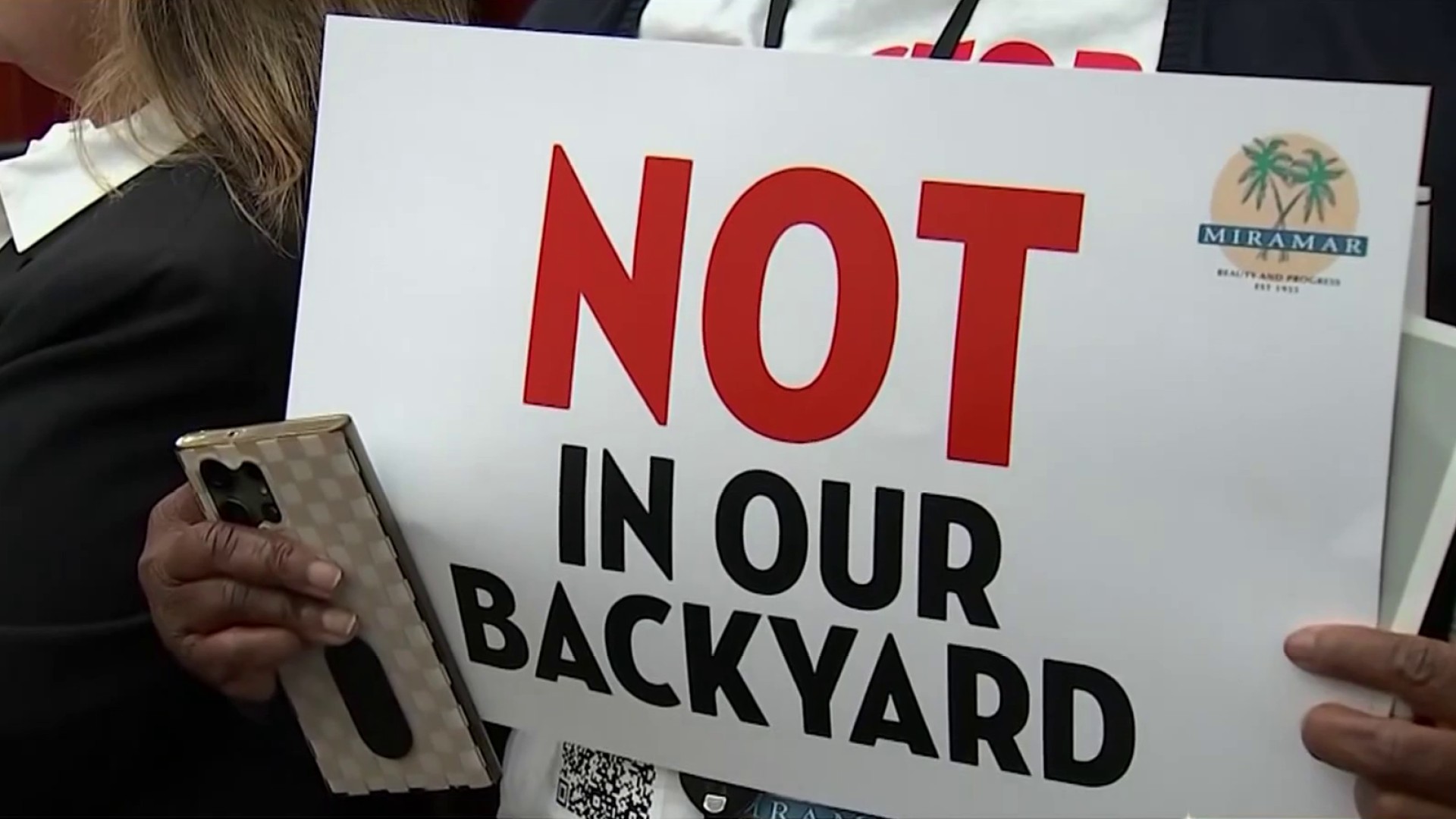Florida legislators have just two days left to agree on a bill designed to reform Florida's mandatory and costly no-fault auto insurance coverage, known as personal injury protection (PIP), or face being recalled for a special session.
The Senate put its own language into the House bill (HB 119) Wednesday that included several differences. Senators passed it without debate, moving a bit closer to the House position by taking acupuncture treatment and massage therapy out of the bill, making them ineligible for medical treatment reimbursements resulting from a PIP claim.
Sen. Joe Negron, a Stuart Republican and sponsor of the Senate PIP bill, said Wednesday that he saw only three of four issues to be resolved, hopefully before lawmakers adjourn Friday.
But Negron sounded a bit more optimistic than one key colleague.
"I can't imagine the House passing our bill," said Sen. John Thrasher, the Senate rules chairman. The Jacksonville Republican said it might be better to come back in a special session to focus on the issue.
"PIP is a huge issue," said Thrasher, who called it a tax that lawmakers need to get "off the backs of our consumers."
Reo. Will Weatherford, a Wesley Chapel Republican who is in line to become speaker in November, just said he remains hopeful the two chambers can work something out but added he's willing to have a special session to do it right. Weatherford said he would prefer to have separate special sessions on PIP and redistricting, if the Florida Supreme Court kicks that back to lawmakers.
Local
The PIP fraud issue was one of Gov. Rick Scott's top priorities coming into the annual 60-day legislative session.
Lawmakers must agree on the time frame for accident victims to seek medical treatment to be eligible for PIP. The Senate, which originally started at 30 days, is now at 14 days while the House prefers a seven-day limit.
The revised Senate proposal also:
— Requires at least a 25 percent reduction in PIP rates unless insurers can demonstrate to the Office of Insurance Regulation that something less is appropriate.
— Strips a licensed health care practitioner found guilty of insurance fraud under Florida statutes of its license for five years and makes it ineligible for PIP reimbursement for 10 years.
— Limits treatment by each individual medical provider to 24 treatments or 12 weeks, whichever comes first, unless the insurer authorizes additional treatment.
— Increases the no-fault death benefit by adding $5,000.
— Gives insurers authority to require examinations of insured under oath.
With so many stakeholders involved, lawmakers have been unsuccessful for nearly a quarter century in finding a fix for the PIP problem. Trial lawyers, insurance companies and a variety of health care providers are among those trying to recover some of their costs covered in car injuries.
Some have estimated that staged auto accidents, bogus clinics and dramatically over-utilized treatments cost Floridians up to $1 billion annually in premiums to make up for insurers' losses due to fraud.
On Tuesday, Chief Financial Officer Jeff Atwater announced the arrests of three Tampa clinic employees charged with insurance fraud and patient brokering stemming from a PIP scheme where a confidential source was solicited to fill out claims without receiving any treatment.
Lawmakers have been unsuccessful for years in their attempts to crack down on the fraud that has led to skyrocketing rates for Florida drivers and Scott prefers trying to fix the issue instead of doing away with PIP altogether, a sentiment some legislators share.
Florida is among a handful of states with PIP, designed to ensure that anyone hurt in a wreck could seek timely medical treatment.
PIP has a long history in Florida where lawmakers adopted a no-fault automobile plan that took effect Jan. 1, 1972, with the intent of providing benefits in a timely manner for a person injured in an automobile accident regardless of who was at fault. That plan provided payment for medical, wage loss and death benefits, but did not limit the insured's right to sue for non-economic losses.
____
Associated Press writer Gary Fineout contributed to this report.



